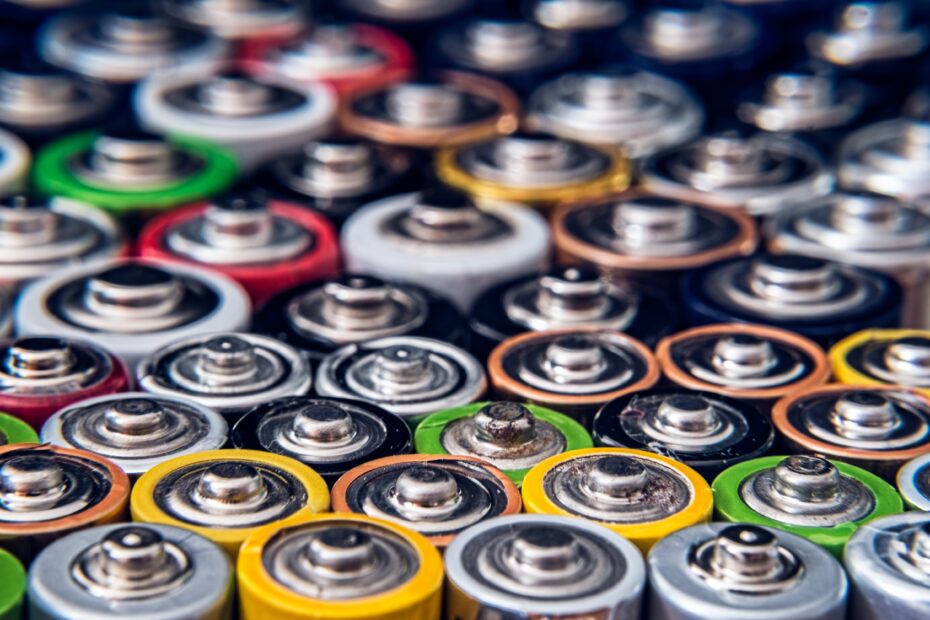The essence: Why is SEO good for the environment?
The web consumes vast amounts of energy, if we make our use of the web more efficient we use less energy. The purpose of SEO is to ensure search engines provide the best answers to their users. If a user reaches their intended goal more efficiently less energy is used.
In a bit more detail
Pretty much all actions related to SEO should improve the experience for a user, increase efficiency of a user’s journey and in turn use less energy. From a technical perspective in principal a site should be…
- Fast – a quicker load speed leads to a better user experience as well as lower energy use
- Crawlable – easier to crawl means a lower crawl budget, therefore less energy
- Clean – with a clear structure and taxonomy and no dead links or duplicate content a website is better for the user and crawler using less energy
- Secure – reassuring for the user and search engines
- Structured – to clearly communicate the context and relationship of the content to search engines to help deliver a more precise answer to queries more efficiently
Content optimisation should have a similar positive impact on the environment. Efficiency in communication of an idea or answer will lead to a higher propensity to achieve one’s goal. As search engines continue to have an improved understanding of natural language they will continue to translate the web’s content into more intuitive answers. Optimisation leads to efficiency.
So what about offsite activity and link building? Links and citations should be signals to authoritative resources on topics. Generating links and connections within a network of expertise helps to clarify the source of answers for search engines. Bad links are a distraction and have largely become inconsequential.
It’s not quite save the SEO, save the planet, however spending time optimising a site will have a positive impact on how we use the web. In turn there will be a direct impact on energy use. I’ll be reading into the technicalities further but here are a couple of posts to think about:
How much energy does the internet use?
The true cost of an internet ‘click’ (proper geekie blog post)
A final thought, does an increase in Google’s zero click searches correlate with a decrease in energy use as the user doesn’t need to click through to another website to find their answer?
